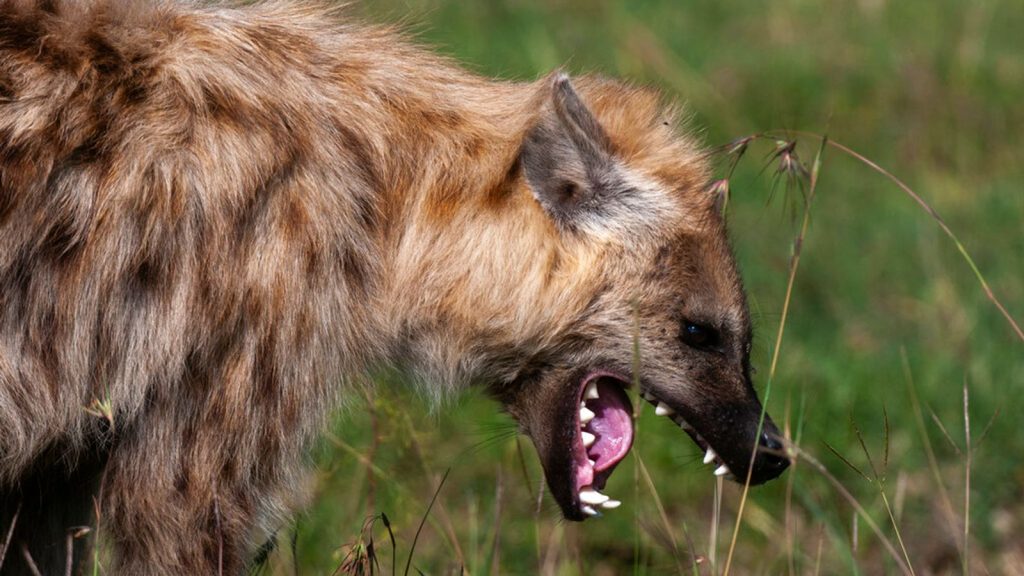Animal health authorities in Kenya have confirmed that three hyenas involved in recent attacks on humans were infected with rabies.
Since January, a series of unusual hyena attacks have been reported in different locations across the country.
Samples collected from hyenas that bit individuals, including a university student in Nairobi and two people in Kajiado County, tested positive for rabies, according to the Kenya Wildlife Service (KWS).
The confirmation of rabies in the hyenas sheds light on their aggressive behaviour towards humans, prompting KWS to issue a cautionary warning to residents in affected areas.

Earlier in the year, KWS advised people to remain calm and composed in the event of encountering a hyena, drawing mixed reactions from the public.
Rabies is a vaccine-preventable viral disease prevalent in over 150 countries, causing tens of thousands of deaths annually, primarily in Asia and Africa, with children under 15 being the most vulnerable.
Transmission to humans typically occurs through deep bites or scratches from rabid animals. Symptoms may appear within weeks to months, including muscle pain, fatigue, fever, fear, hallucinations, aggression, and irritability, with the disease almost always proving fatal once clinical signs manifest.
As of now, no human cases of rabies have been reported following the hyena attacks, but KWS has initiated a mass vaccination campaign for domestic dogs in Nairobi as a preventive measure.


